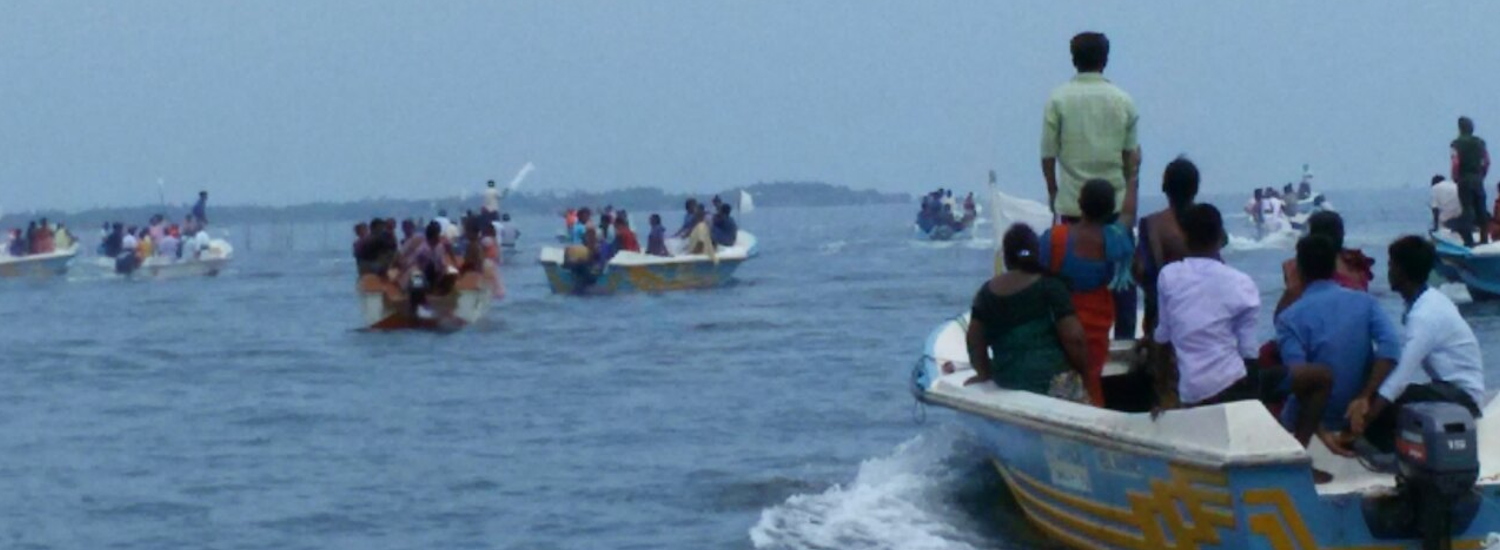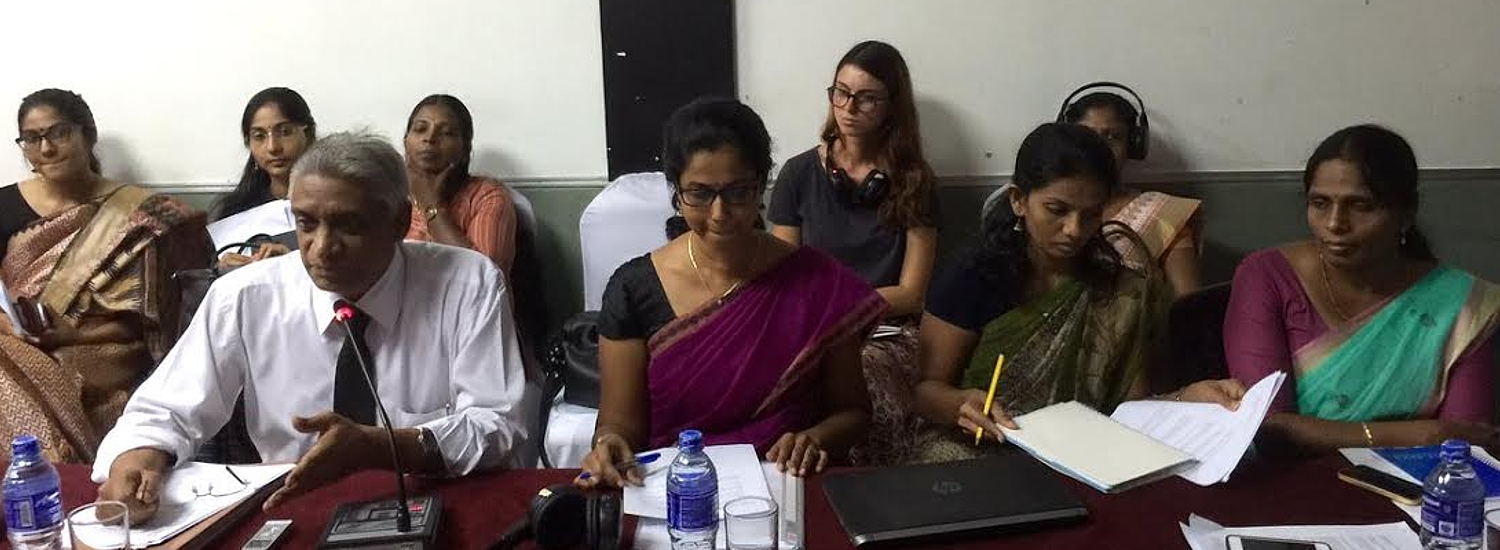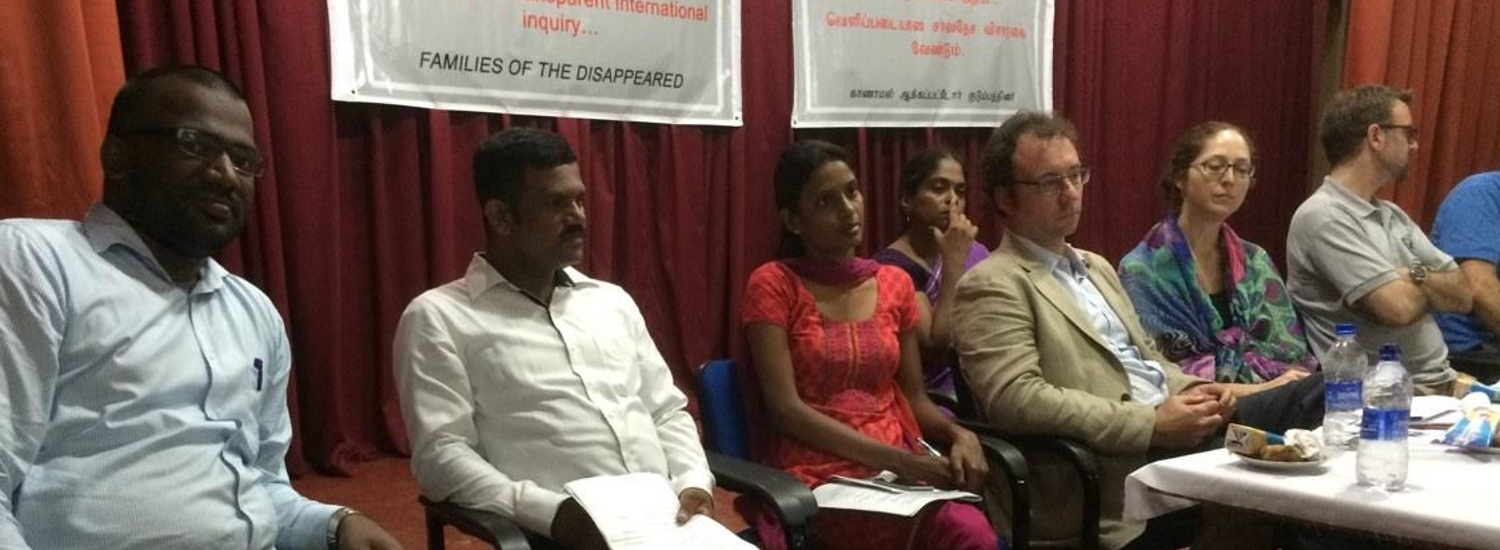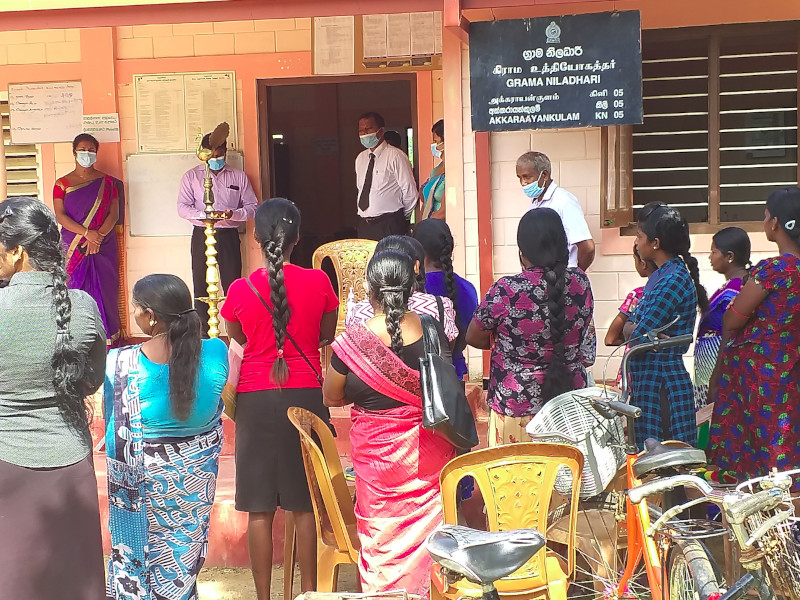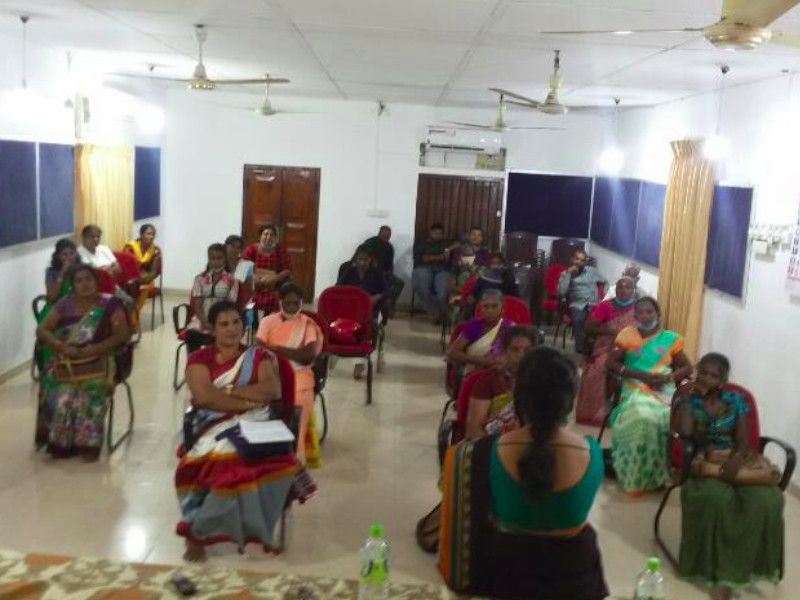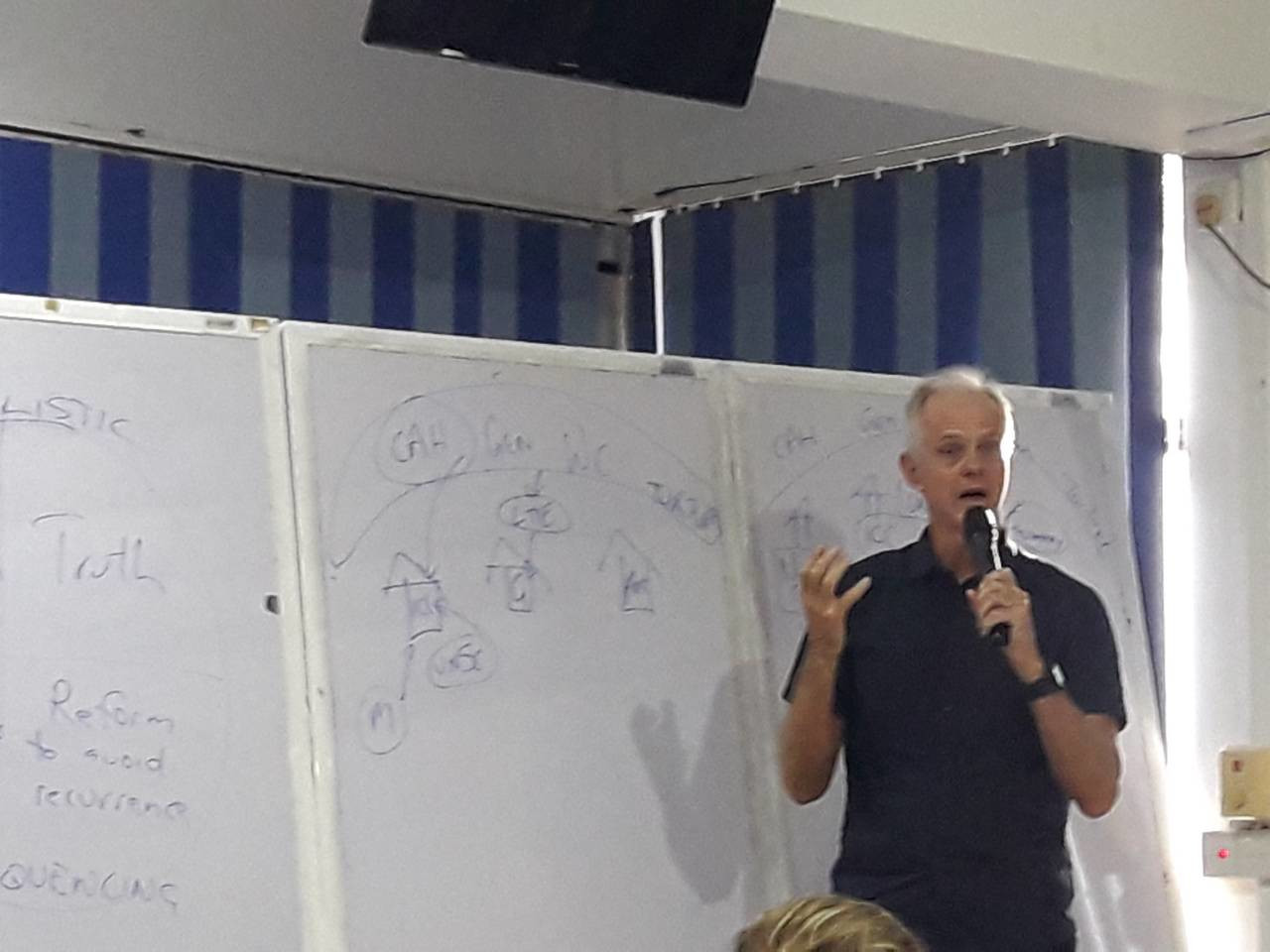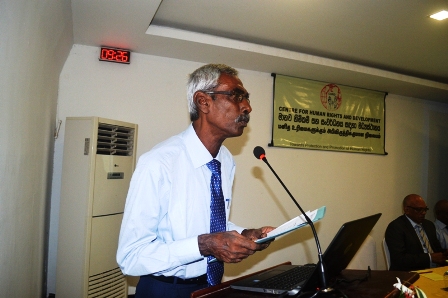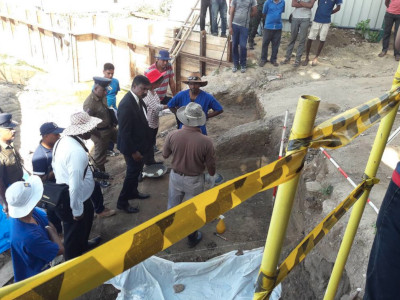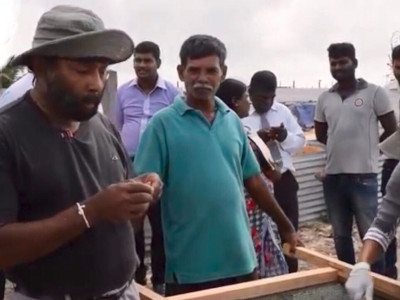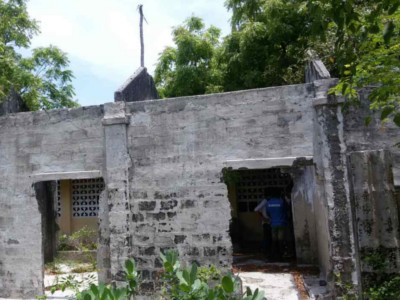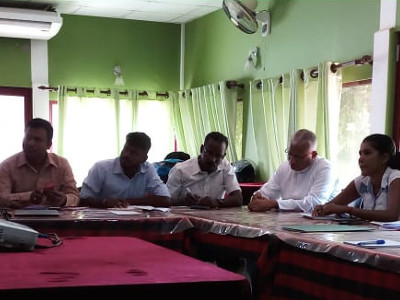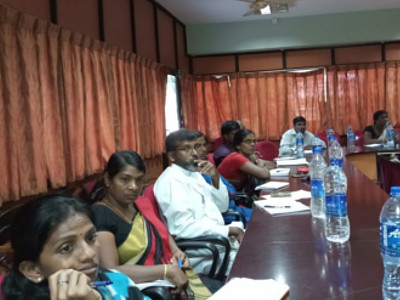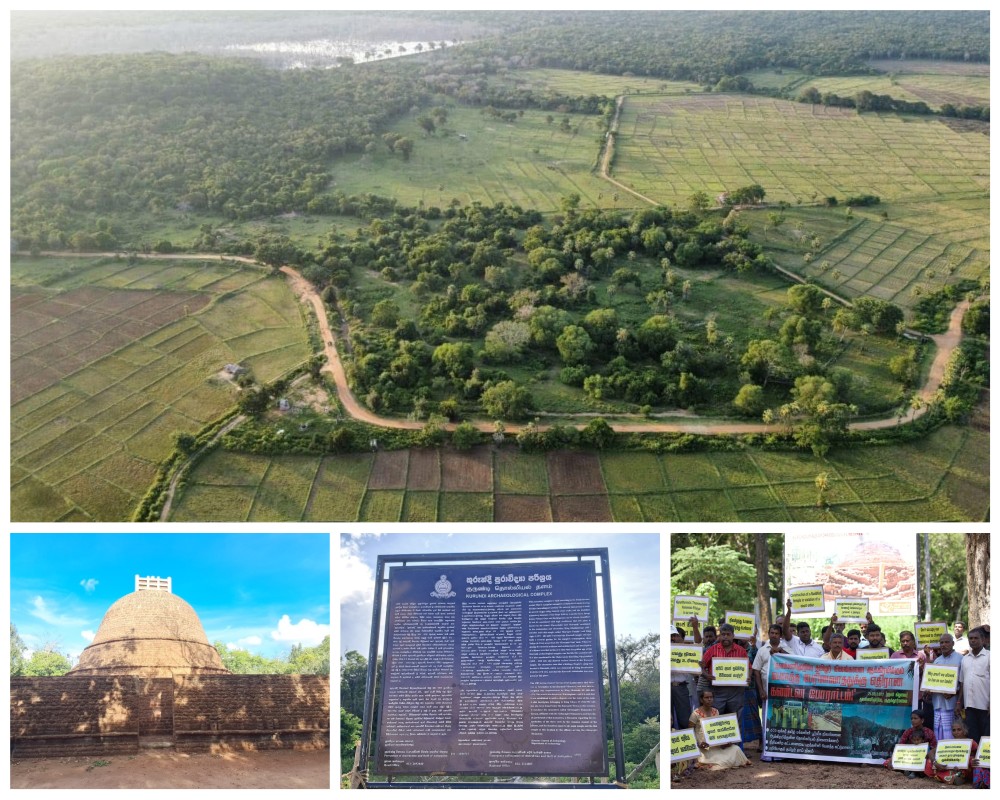Featured News
2026-02-04
HRCSL warns of growing threats to freedom of expression in Sri Lanka
The Human Rights Commission of Sri Lanka (HRCSL) has issued a strong statement on February 3rd, raising alarm over emerging threats to freedom of expression, particularly the increasing use of law enforcement mechanisms in response to alleged defamatory speech.
The Commission expressed concern over a growing trend in which police initiate inquiries into journalists and other citizens based on claims of defamation. In a recent case, journalist Tharindu Jayawardena was summoned for questioning without adequate disclosure of the reasons, reportedly linked to his reporting on corruption involving public funds.
At the heart of the HRCSL’s warning is a clear legal point: defamation is not a criminal offence in Sri Lanka. Criminal defamation was repealed in 2002, and any person alleging reputational harm must seek remedy before civil courts. The police have no jurisdiction to investigate complaints based purely on defamation
The Commission cautions that the involvement of law enforcement in such matters risks creating a chilling effect on journalism and public debate. When journalists are summoned without clear legal basis, it not only affects the individual concerned but signals a broader pattern that may discourage scrutiny of public officials and institutions.
The statement also raises constitutional concerns regarding the Online Safety Act, noting that while online safety is a legitimate objective, any restriction on expression must meet strict standards of legality, necessity, and proportionality. The HRCSL recommends a moratorium on the use of the Act pending repeal and replacement with legislation that complies fully with constitutional and international human rights standards.
Freedom of expression, guaranteed under Article 14(1)(a) of the Constitution, protects not only agreeable speech but also speech that may offend, shock, or disturb. Democracies are strengthened — not weakened — when criticism, investigative reporting, and public debate are allowed to flourish without fear of improper state interference.
The Commission’s recommendations serve as an important reminder: safeguarding free expression is essential to accountability, democratic governance, and the rule of law in Sri Lanka.
About Us
Center for Human Rights and Development (CHRD) is a leading Sri Lankan human rights organization established in 1997 by human rights lawyers and activists. We work to protect and promote human rights development and in defending human rights in Sri Lanka, provide a source of legal support and strategic guidance for minorities.
Read More
Contact Us
Address
No: 33
Sagara Road
Bambalapitiya
Sri Lanka
Contact
Telephone: (+94) 11 250 6001
Fax: (+94) 11 250 6002

